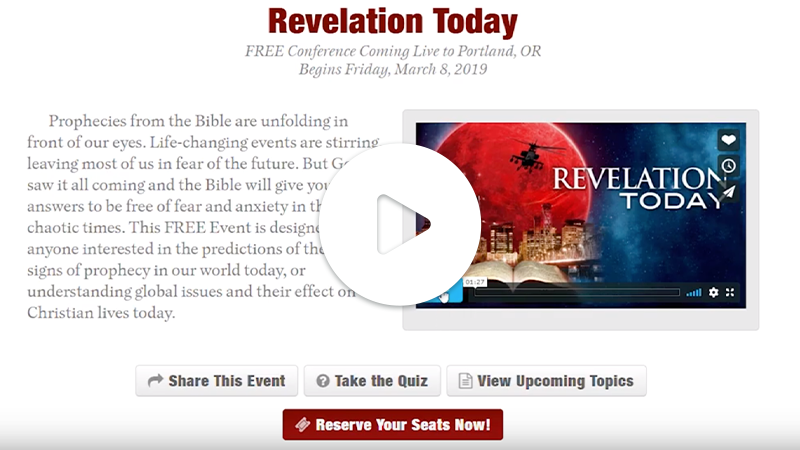What Happens After Initial Engagement?
When you’ve captured the attention of a user through Facebook advertising, what happens next? The goal of using Facebook for an event is to get them to attend, so users should be sent to a highly focused webpage that tells them more and asks for an immediate action. Today, we’ll tell you more about creating landing pages, why they’re so important, and the elements required to be most effective.
Step Up Your Landing Pages
Getting people to click on your Facebook ad is only half the battle. If you want people to take the next step of registering for your event, then you need an effective landing page.
A landing page is simply the webpage or website that people are redirected to when they click on your ad. The landing page will include details of your event, such as location, description, and speaker. It should also ask the user to take an immediate action, such as pre-registering for the event.
Here at SermonView Evangelism Marketing, we’ve spent over a decade fine-tuning the art of landing pages. Today, we know what kind of images work best, what headlines grab people’s attention, even the color of buttons that people are more likely to click.
How to Make Your Landing Pages More Effective
When it comes to evangelistic event marketing, here are eight things we have found that a landing page must have to be most effective:
- The anchor image. This image should be consistent with what the user saw in the ad, so people know they’re on the right website. It doesn’t have to be exactly the same, but it does need to be congruent.
- A video. When the landing page includes a short video describing the event, people are more likely to respond to your call-to-action. The video should be professional, with a well-crafted script, strong visuals and tight editing to be most engaging and informative.
- Immediate call to action. A landing page should give people a way to respond immediately. For an evangelistic event, we have seen that people are more likely to actually attend if they have pre-registered and reserved seats. The call-to-action buttons should be bright and draw the eye toward the action we want the user to take.
- Speaker bio. For evangelistic events, it is crucial to establish the credibility of the speaker. Why should someone take the time to listen to them? The short bio should establish credibility in just a few words. And if a photo raises the speaker’s credibility, include it on the page.
- Testimonials. Seeing quotes from others who have participated in similar events gives people confidence that this event offers something of value. Putting the testimonials right on the landing page is important to increase visibility.
- Giveaways. If you’re giving something away, highlight it. Everyone loves free stuff, so this is an excellent incentive for those who may still be considering whether to attend or not.
- Location details. Where will this event be held? Clearly provide the address and, if necessary, specific directions to the event.
- Targeted navigation. Effective landing pages do not allow readers to visit every part of a website, but channels their attention to the required actions and pertinent information needed to make a decision.
Because landing pages are so important, we’ve developed a complete pre-registration platform that churches can use as part of their evangelism marketing campaign. This platform ensures that every landing page has the elements required to be effective. It also provides the complete pre-registration list to you, so you can be ready to welcome your guests.
Reach More People
Contact us today if you’d like to combine a powerful pre-registration landing page with engaging Facebook ads. It can improve your response rates, so you see more people at your next evangelistic event.

